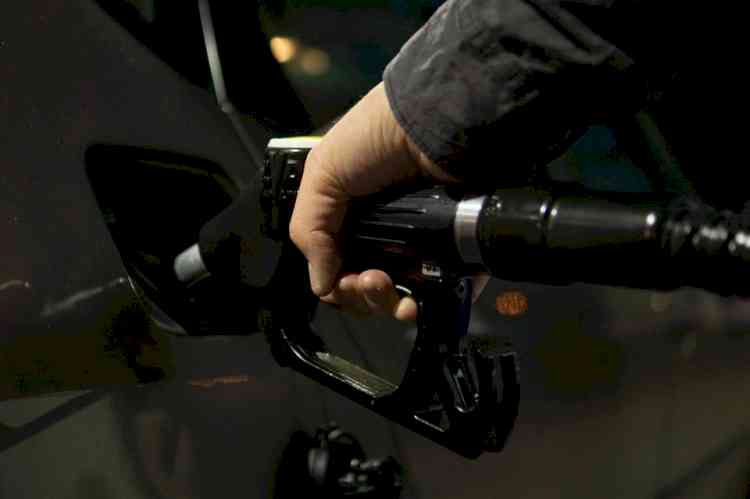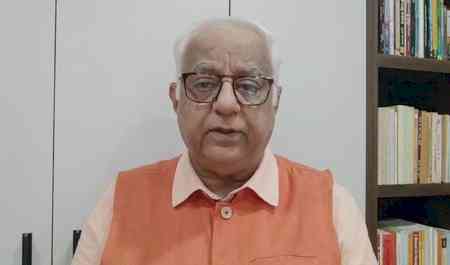Microchip shortage, high fuel prices dent auto makers' Sept sales

New Delhi, Oct 1 (IANS) Microchip shortage along with high fuel prices heavily dented major automobile manufacturers' September sales on a year-on-year basis.
The semiconductor or microchip shortage has impacted the industry's production levels, extending the waiting period besides escalating prices.
Major automobile players such as Maruti Suzuki, Hyundai Motor, Tata Motors and Mahindra reported an adverse impact on production that led to lesser dispatches.
Semiconductors play a critical part in the production of internal combustion engines. They are an integral part of all kinds of sensors and controls in any vehicle.
At present, these shortages have forced several original equipment manufacturers (OEMs) to slow down production, thus further extending the waiting period for popular, feature-rich and high-end models.
Consequently, passenger car market leader Maruti Suzuki's total sales for the month under review fell to 86,380 units from 160,442 units sold in September 2020.
"Total sales in the month include domestic sales of 66,415 units, sales to other OEMs of 2,400 units and exports of 17,565 units," the company said in a statement.
"The sales volume of the company in September 2021 was adversely impacted due to shortage of electronic components. The company took all possible measures to limit the adverse impact," it added.
Hyundai Motor India said that cumulative sales in September fell to 45,791 units from 59,913 dispatched in the month of September 2020.
The domestic sales fell to 33,087 units from 50,313 units reported for the corresponding period of last year.
Similarly, the company shipped out 12,704 units in September from 9,600 units sold abroad in the like month of 2020.
Even as Tata Motors' domestic sales last month rose to 55,988 units from 44,410 units sold in September 2020, the company's Executive Director Girish Wagh said semiconductor shortage continues to impact the auto industry globally.
"The impact of supply shortage due to restrictions in East Asia continued in September, leading to moderation of production and offtake volumes. The situation is fluid and we continue to work to mitigate the impact on our customer orders through an agile, multi-pronged approach," he said.
Another auto giant Mahindra & Mahindra's overall passenger vehicle sales for September declined by 12 per cent to 13,134 units from 14,857 units sold during the corresponding period of 2020.
M&M's Chief Executive Officer (Automotive Division), Veejay Nakra, said: "The challenges around the supply of semiconductors continue to pose difficulties for the auto industry globally. We have taken several steps to mitigate the effect and are working towards managing the situation as best as possible."


 IANS
IANS 








